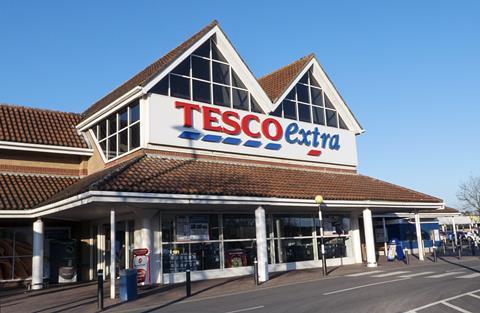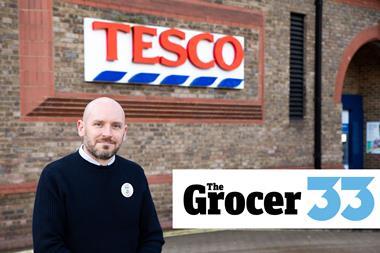
Thousands of supermarkets are in line to pay higher business rates from 2026, after a bill enabling an increase in the tax for the largest properties yesterday received Royal Assent and became law.
The Non-Domestic Rates Bill also paves the way for business rates to be lowered from April 2026 for smaller properties in the retail, hospitality and leisure sectors. The tax cut is to be funded by increasing business rates for larger properties in all sectors, including hospitals, manufacturing sites and offices, along with larger high street retailers and supermarkets.
It sets the threshold for properties to be eligible for the lower or higher tax rate at £500,000 in rateable value.
In March, the plans received a setback when the House of Lords voted for a series of amendments to the bill, including exempting anchor high street stores from the higher tax rate, as well as hospitals and healthcare settings.
It led to a so-called ‘parliamentary ping pong’ of the bill between the Lords and Commons, which ended with the Lords abandoning their amendments and the bill receiving Royal Assent yesterday.
During the ping-pong process, Lord Khan, the Parliamentary Under-Secretary of State, Ministry of Housing, Communities and Local Government, said: “While there have been amendments made to the bill for the Commons to consider, the government do not accept them.”
Among other things, it means NHS hospitals in England will be subject to the new higher business rates levy, in plans that were pitched by the government as a way of levelling the playing field between the high street and online giants.
The Grocer revealed in November that about 2,000 supermarkets would be hit by the higher rate, which could add 10p to the business rate multiplier.
“Following a number of sensible suggestions to change the bill made by the Lords the bill has become law in haste,” said John Webber, head of business rates at property consultancy Colliers.
“The ministers admitted during its passage that no impact study had been carried out – it hardly bodes well for the ongoing reform of business rates promised while in opposition and it rather undermines the seriousness of any ongoing dialogue between business and the government.
“Another blow to UK plc by a government with little appreciation of how business works.”
Alex Probyn, practice leader of EAP property tax at tax sofware firm Ryan, said: “The amendment from the House of Lords was both sensible and logical – the very largest properties, just like NHS hospitals, aren’t necessarily those with the broadest shoulders.”
BRC director of business and regulation Tom Ironside said: “While the Non-Domestic Rating Act sets out the framework for future business rates changes, there are still many crucial decisions which must be made.
“The government promised to mitigate the huge burden on our high streets by fixing the broken business rates system – which undermines investment in shops and jobs. Unfortunately, the new bill threatens to increase business rates on thousands of shops, doing further damage to local high streets.
“If the government wants to support communities and boost local shopping for everyone – then they must commit to no shop paying more under the new legislation.”



















No comments yet